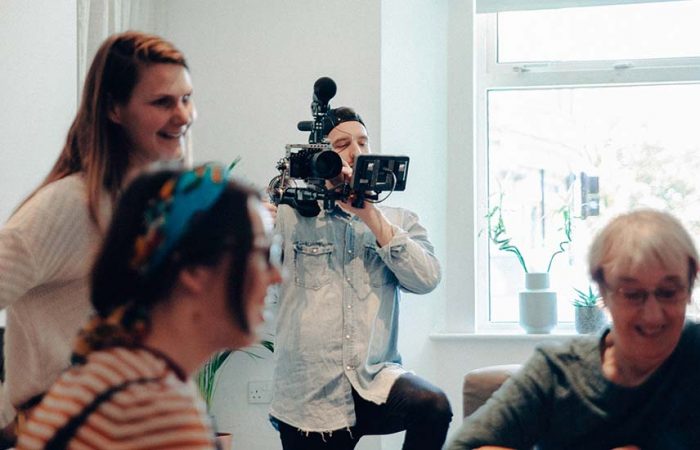Learn by Doing.
Our next in-person training workshop was cancelled due to precautions against COVID-19.
We are working towards developing online classes for moderator training.

TRAINING IN A COLLABORATIVE ENVIRONMENT
I hear and forget.
I see and remember.
I do and understand.
– Confucius
Our goal for all training is to immerse you in listening, observing, practicing and evolving your moderating skills among a intimate group of peer students and with the guidance and encouragement of experienced qualitative research moderators. Modules are structured to build on your natural talents and skills to a new level of expertise and a palpable feeling of confidence.
While workshops normally would be held in professional qualitative research facilities, we are developing a virtual class, which would provide you with multiple opportunities to practice moderating online including with real respondents, so you walk away with competence and confidence.
Over 25 years moderating focus groups, IDIs, dyads, triads, ethnographies, dial groups, All In Moderation trainers have experience in the corporate, advertising agency, supplier and consultant worlds. We teach by instruction, modeling and intuition, noticing your natural talents and helping you harness and channel your strengths towards your new normal expertise in moderating.
Online Moderating Masterclass Coming Soon!
Online Moderating Masterclass Series includes the following classes:
Moderating in-depth interviews
Developing discussion guides for groups and one-on-ones
Qual-Quant methodologies
Using an online platform for qualitative research
Let us know any training needs you have and we’ll build it into our schedule.
Take your project into the first step of building a screener and learn how to also build a scaffold of support around you by getting assistance from field facilities and their extensive knowledge base to refine the screener and manage the data collection.
Break objectives down to develop the discussion guide, where to get inspiration for techniques and exercises, developing flow and how to test your guide.
Observe and practice moderating the first part of an IDI or focus group including getting the room ready or getting up on a platform, re-screening respondents, ways to set the tone, the warm-up, and how to deal with recruitment mistakes you discover during the research.
Day 2
Developing empathy and intuition: Knowing when and when not to pursue a line of questioning, probing for clarity and laddering to a deeper driver, sensing when a question is not working or when a respondent is feeling uncomfortable and how far to push. This is the creative part of moderating that is not scripted.
Observation and practice moderating a 15-minute IDI with an overall objective, but not a fully written discussion guide. This helps you develop your intuitive skills, manage time, stay on point and probe using your intuitive skills to uncover insights and understanding of your subject.
Day 3
Moderate a 20~ to 30-minute small group managing objectives, pace, stimuli, client feedback during the interview, debriefing and identifying the key insights.
Receive support throughout moderating, feedback on identifying your strengths and ways to continually develop skills.




